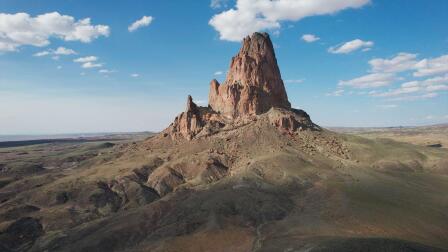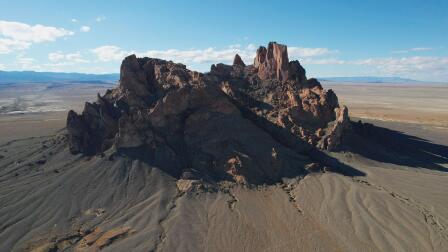
Access to this video is a benefit for members through PBS Passport.
Back to Show
In the America's with David Yetman
Wrangell-St. Elias National Park: Wilderness of Ice, Salmon, and Human History
Season 9
Episode 904
It’s our largest national park—larger than New England--and one-third of it is ice. One glacier is 137 miles long. The park contains active volcanoes. Its rivers of icemelt are home to salmon runs that have supported native peoples for thousands of years. Yet the glaciers are melting, and forests are drying. The park has become an enormously important natural laboratory.
Support Provided By

Unlock with PBS Passport
26:46
Discover why surfers now flock from around the world to ride the Pororoca.

Unlock with PBS Passport
26:46
Explore the world's largest freshwater swamp, the Pantanal.

26:46
Learn everything about Francisco Eusebio Kino and the Mission San Xavier del Bac.

Unlock with PBS Passport
26:46
In Mexico's southernmost state, David finds nations apart from mainstream Mexico.

Unlock with PBS Passport
26:46
With distinct Afro-Cuban roots, Santiago de Cuba was once Cuba's most important city.

Unlock with PBS Passport
26:46
More than any other of the contiguous United States, Oregon has been shaped by volcanoes.

Unlock with PBS Passport
26:46
A hotbed of baseball, whalewatching, and a lively carnival, after years of turmoil.

Unlock with PBS Passport
26:46
From a biosphere to a Costa Rican rainforest reserve, scientists observe climate change.

Unlock with PBS Passport
26:46
The Pinacate Volcanic Range on the U.S.-Mexico border has a history of fire and brimstone.

Unlock with PBS Passport
26:46
Join researchers in Arizona and the Bahamas making startling climate change findings.

Unlock with PBS Passport
26:46
Mexico City’s rich cultural and ethnic history reflects this vibrant Latin American city.

Unlock with PBS Passport
26:46
Amazon oil means prosperity for Ecuador, but benefits for native peoples are less clear.











